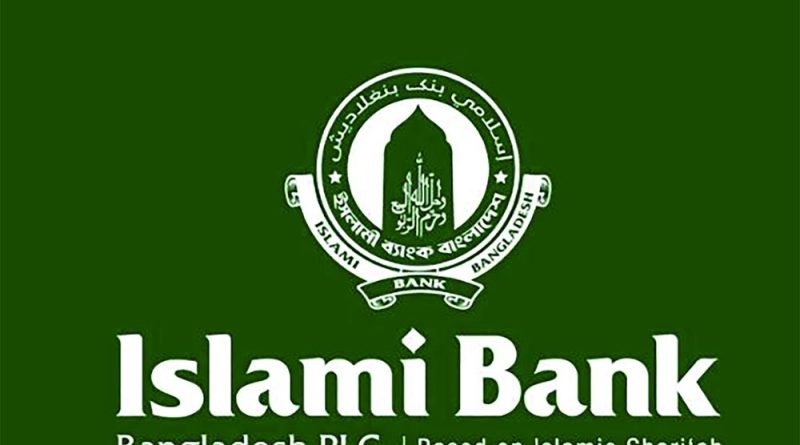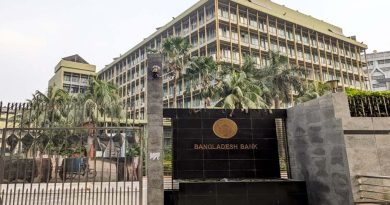Bangladesh’s Islamic banking sector continued its steady expansion across key indicators in August 2025, reflecting growing customer trust and competitiveness despite emerging liquidity pressures, according to Bangladesh Bank data.
Investments by Islamic banks rose by 10.55 per cent year-on-year to Tk 5.72 trillion in August 2025, up from Tk 5.17 trillion a year earlier. Their conventional counterparts, however, outpaced them with an 11.66 per cent rise — from Tk 15.55 trillion to Tk 17.36 trillion during the same period.
Deposits in Islamic banks grew moderately, rising 7.06 per cent to Tk 4.62 trillion from Tk 4.32 trillion in the previous year. Experts said while the sector showed strong investment and asset growth, the slower deposit expansion points to tightening liquidity conditions.
Total assets of Islamic banks increased by 12.11 per cent to Tk 9.43 trillion in August 2025 from Tk 8.41 trillion a year earlier, reflecting a robust balance sheet performance.
Export receipts through Islamic banks also grew notably, climbing 12.32 per cent year-on-year to $775 million in August 2025 from $690 million a year earlier.
However, import payments declined 20.84 per cent to $0.89 billion in August 2025 from $1.13 billion in the same month of 2024. The sector accounted for nearly 19.84 per cent of the economy’s total import payments during the period.
Islamic banks’ share of remittance inflows edged up from 24 per cent in August 2024 to 25.19 per cent a year later, amounting to $610 million. Their footprint in agent banking also expanded — deposits in this segment grew 27.01 per cent to Tk 260 billion in August 2025 from Tk 205 billion a year earlier, accounting for 53.67 per cent of total agent banking deposits.
Dr Masrur Reaz, chairman of Policy Exchange Bangladesh, said the sustained growth of the Islamic banking sector reflects its evolving customer demand and institutional maturity.
“Over the past year, Islamic banks have demonstrated resilience and competitiveness, particularly in investment and asset growth,” he said. “However, to maintain momentum, the sector must diversify its products, strengthen governance and risk management, and align with global best practices.”
He added that the gap between investment and deposit growth highlights the need for better liquidity management and confidence-building measures amid increasing competition from conventional banks.






